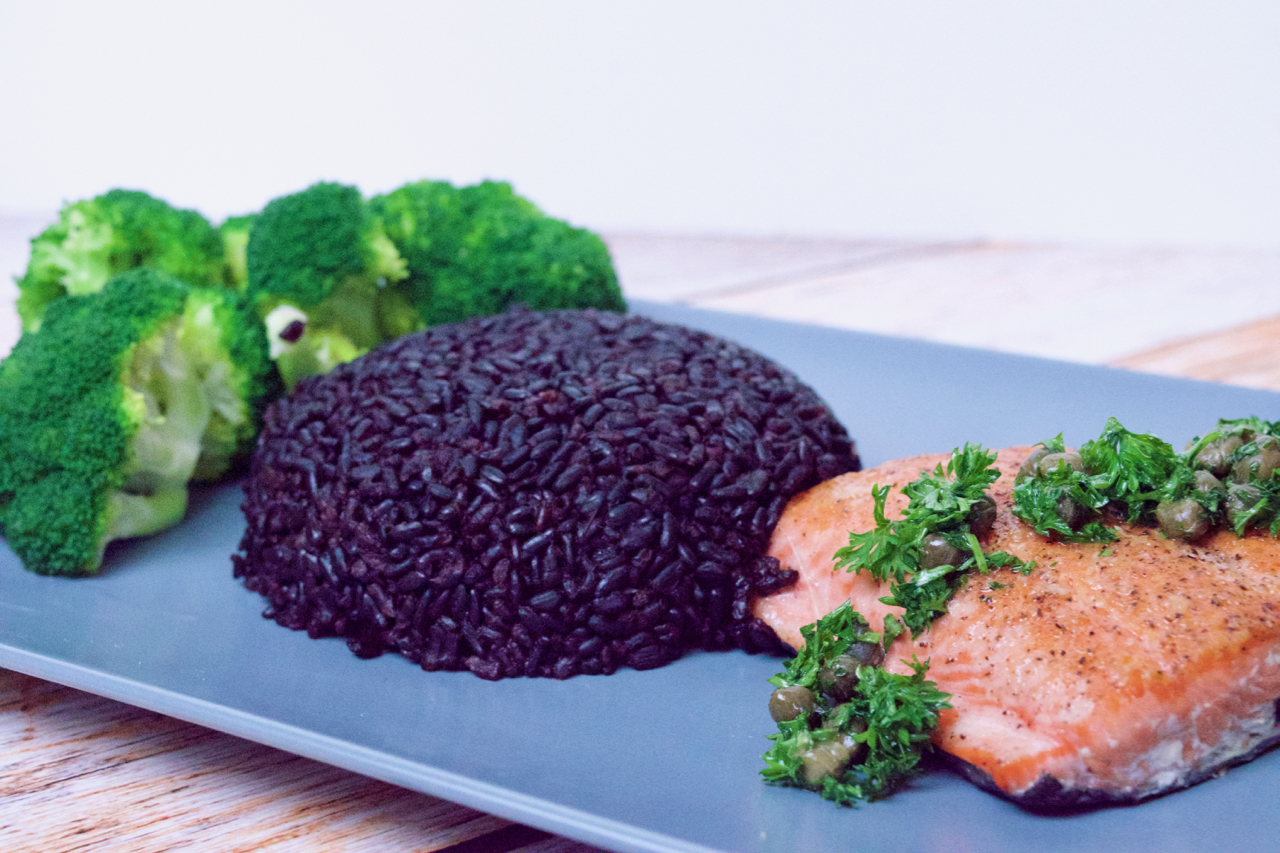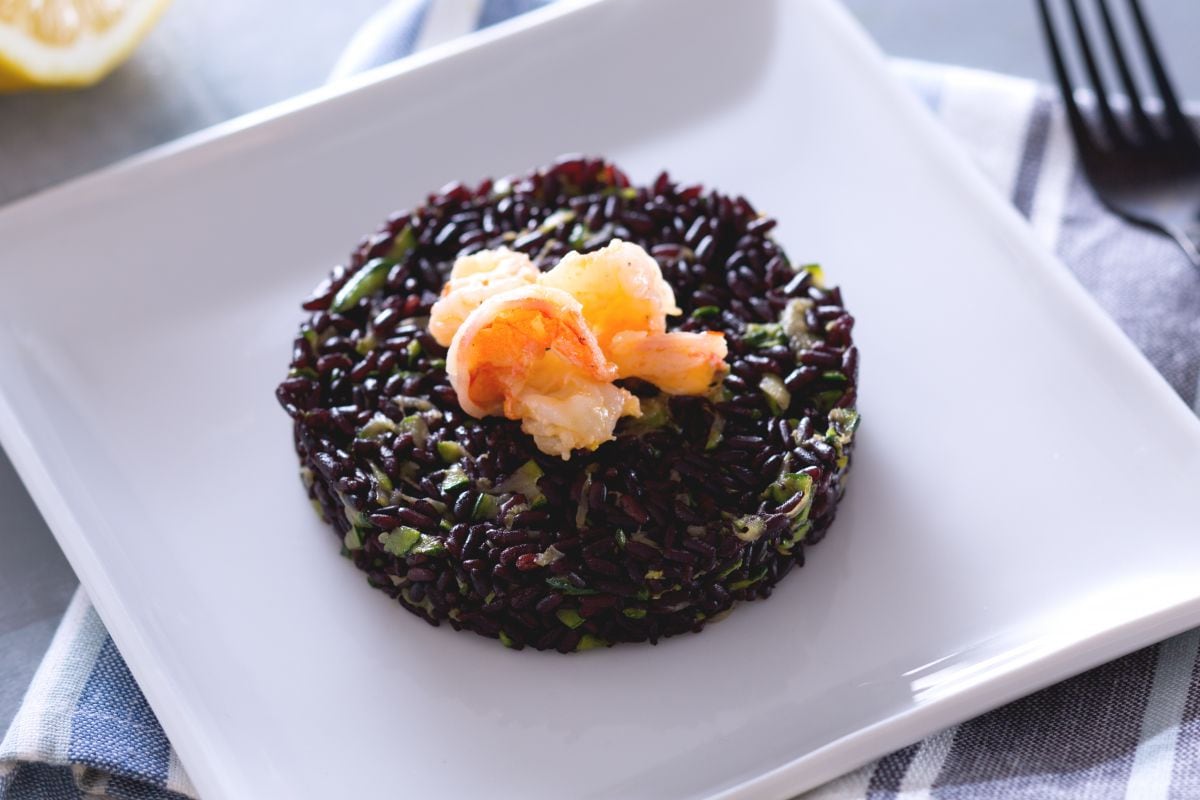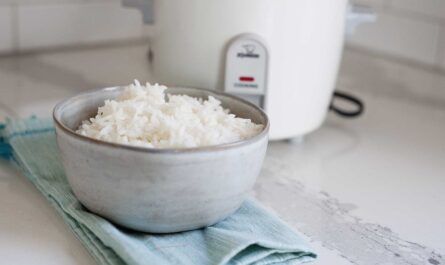As sushi lovers explore diverse kinds of rice, one question often arises: Can black rice cause allergy? This query is pivotal for individuals passionate about trying new flavors while being mindful of their health. In this article, we will delve into the potential allergens in black rice, how they might affect people, and provide insights into preventive measures.

Understanding Black Rice
Black rice, often referred to as ‘forbidden rice,’ is a variety known for its distinct color and rich nutritional profile. It is packed with antioxidants, particularly anthocyanins, which give it a unique hue and offer numerous health benefits. However, the excitement of its benefits can be overshadowed by concerns about allergies.
What Causes Allergies?
An allergy occurs when the immune system reacts to a substance it mistakenly identifies as harmful. This reaction can lead to symptoms ranging from mild to severe. Common allergens include peanuts, tree nuts, eggs, and, in some cases, specific grains like rice.
Potential Allergens in Black Rice
Although rare, some individuals may experience allergies to black rice. The proteins present in rice, such as albumin, globulin, and glutelin, could potentially trigger an allergic reaction. It’s essential to understand these components to identify and manage any adverse effects.
Protein Sensitivity
For some, the proteins in black rice might cause an immune response. This sensitivity is often due to genetics or a pre-existing condition that predisposes them to grain allergies. It’s crucial for individuals with known grain allergies to consult with a healthcare provider before incorporating black rice into their diet.
Anthocyanin Reaction
While anthocyanins are beneficial antioxidants, they might cause reactions in rare cases. Individuals sensitive to anthocyanins, which are also found in berries and some vegetables, should be cautious when consuming black rice.
Symptoms of Black Rice Allergy
Symptoms of a black rice allergy can range from mild to severe. They may include:
- Rashes or hives
- Itching in the mouth or throat
- Swelling of lips, face, or tongue
- Digestive issues like nausea or diarrhea
- In severe cases, anaphylaxis
Diagnosing Black Rice Allergy
If you suspect an allergy to black rice, it’s crucial to seek medical advice. An allergist can perform tests, such as skin prick tests or blood tests, to determine if rice is the allergen. Keeping a food diary can also help identify any patterns related to allergy symptoms.
Preventive Measures
To prevent allergic reactions, consider the following steps:
Read Labels Carefully
When purchasing rice products, carefully read labels to ensure they do not contain black rice if you suspect or know you have an allergy.
Consult with a Healthcare Professional
Before introducing black rice into your diet, especially if you have a history of allergies, consult with a healthcare professional for personalized advice.
Consider Alternatives
If you suspect a black rice allergy, consider alternatives like brown or white rice, which are less likely to cause allergic reactions.
Enjoying Black Rice Safely
For those without allergies, black rice benefits offer a rich and flavorful addition to meals. It can be used in various dishes, from salads to desserts, providing a nutritional boost.
Black Rice in Culinary Delights
Incorporating black rice into different cuisines, such as in Thai or Italian dishes, can enrich your culinary experiences. For instance, black rice in Thai food is a popular choice for its unique texture and flavor.
Conclusion
Understanding the potential for black rice allergy is essential for those eager to explore its culinary possibilities. While it is rare, being aware and cautious can help prevent adverse reactions, ensuring a safe and enjoyable experience with this nutritious grain.

FAQs
Can I outgrow a black rice allergy?
While some childhood allergies can be outgrown, it’s less common with grain allergies. Consult with a healthcare provider for personalized advice.
Is black rice safe for children?
If your child has no history of grain allergies, black rice can be a nutritious addition to their diet. However, introduce it gradually and monitor for any reactions.
How common are black rice allergies?
Allergies to black rice are relatively rare compared to other food allergies, but they can occur. It’s important to be aware and take precautions if you have a history of food allergies.
This article contains affiliate links. We may earn a commission at no extra cost to you.




